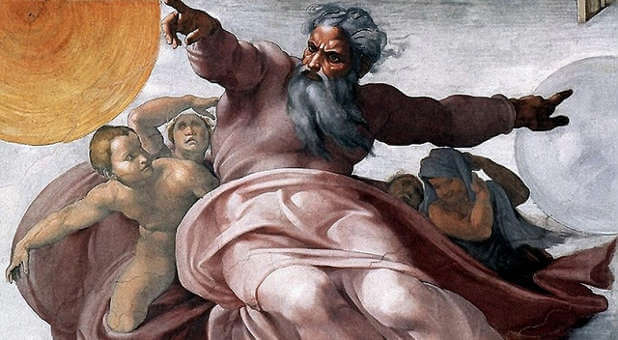When I think of a holy man or woman, I envision a person living in a cave who doesn’t watch TV or movies or listen to secular music. The unspoken definition of holiness by American church culture is not cussing, not smoking, not drinking alcohol, not watching R rated movies or not listening to secular music while reading your Bible and praying regularly. The definition of holiness according to the Merriam-Webster Dictionary is “the quality or state of being holy” and the title of persons of high religious position.
Yet God’s definition of holiness in Leviticus 19 is shockingly different from the Merriam-Webster Dictionary. The instructions in Leviticus 19 were given to a tribal nation who were not filled with the Holy Spirit or had a Bible. The only sacred text they had were the verbal instructions given by Moses.
Holiness is defined in Leviticus 19 by how you treat people, how you treat God and how you worship. American church culture’s definition of holiness as adhering to a list of don’ts while performing religious duties are a far cry from God’s intention to portray a people separated to Himself while engaging the pagan culture.
The mark of holiness begins with how you treat people.
“Be holy because I, the Lord your God, am holy. Each of you must respect your mother and father, and you must observe my Sabbaths. I am the Lord your God” (Lev. 19:3).
How you treat your parents and observe the Sabbath are priorities for holy living. Our culture is extremely casual about disrespect of parents yet this is the first sign of holy living. Respecting mom and dad equals observing the Sabbath in the eyes of God.
Leviticus 19:9-18 further defines holiness as to how you treat your neighbor, the foreigner, orphan, and disabled.
“‘When you reap the harvest of your land, do not reap to the very edges of your field or gather the gleanings of your harvest. Do not go over your vineyard a second time or pick up the grapes that have fallen. Leave them for the poor and the foreigner. I am the Lord your God” (Lev. 19:9-10).
We are to show compassion for the poor and the foreigner. And we are not to curse the deaf or put a stumbling block in front of the blind. We’re to treat foreigners as if they were natives and respect the elderly. Holiness is treating people with the fear of God.
Sexual relationships are also an extension of holy living. Leviticus 20:11-20 defines forbidden sexual relationships in graphic detail. God defines who you can sleep with and who you can’t have sex with.
This makes me wonder if we religiously read our Bibles, memorize Scripture, pray and attend church yet mistreat people, does God call that holiness? Some of the meanest people that I’ve met are Christians. If you’re mean, condescending, prideful and arrogant with people, are you really a Christian according to this passage in the Bible?
Another sign of holiness is how you treat God and worship.
“Do not turn to idols or make metal gods for yourselves. I am the Lord your God.” (Lev. 19:4).
Leviticus 19 also defines how to deal with spiritists, mediums and those who practice divination or seek omens. God is separating His people from the practices of the nations around them that defile themselves with their pagan spiritual practices and perverted sexual acts. Leviticus 20 outlines the severe consequences of violating God’s decrees regarding holiness. The reward for living holy in our relationships with God and people is an inheritance, a land flowing with milk and honey (Lev. 20:24).
While reading your Bible, praying and attending church regularly are valuable spiritual disciplines, let’s remember how important relationships are to God. The Bible is an account of His relationship with a family and clues as to what’s important to God. Obviously how we treat one another and treat Him are the bedrocks of our faith.
Leilani Haywood is the Online Editor for SpiritLed Woman and author of Ten Keys to Raising Kids That Love God. Follow Leilani on Twitter on Facebook.











































